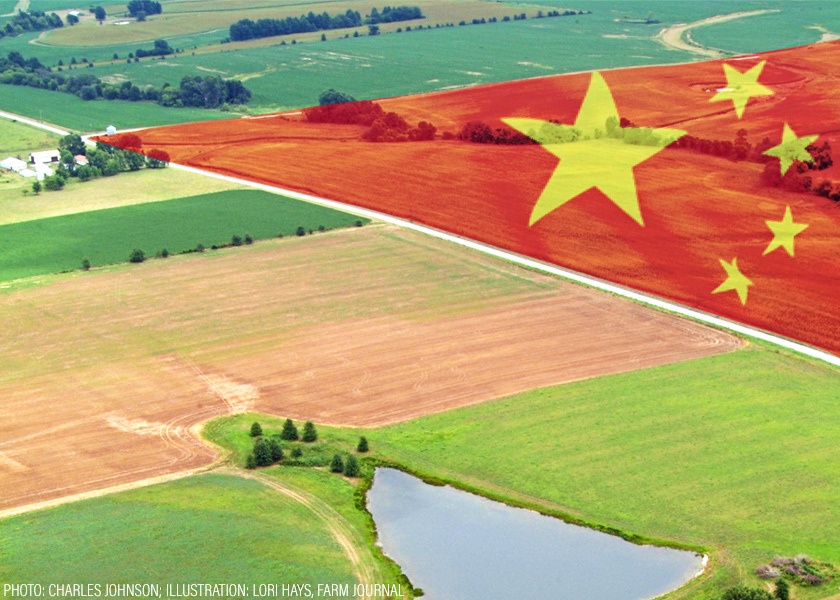In 2021, a Chinese company bought land near an Air Force base in Grand Fork, N.D., sending lawmakers into a frenzy.
Lawmakers feared that China, which many policymakers view as a strategic adversary even though it’s the country’s top trading partner outside North America, could gain control over the U.S. food and energy supply, as well as a hold on markets and critical infrastructure.
Indeed, during the past four decades, Chinese companies and investors have bought up land in the U.S. as well as purchased major food companies like Smithfield Foods, the United States’ largest pork processor. Corporations own the majority of that land. And though Chinese-owned land is a tiny fraction of all foreign-owned land in the U.S., its purchases have raised fears that the Chinese government could have control, through the Chinese corporations, over U.S. assets or gain access to U.S.-based information.
“I don’t know that we know for sure all the foreign land that potentially is owned by Chinese individuals or folks controlled by the Chinese government,” Sen. Jon Tester, D-Mont., who is skeptical of Chinese land ownership in the U.S., told NPR.
Those fears come amid broader tensions between the two countries on issues as varied as Taiwan, trade and Chinese intelligence gathering. Chinese acquisitions in the U.S., no matter how benign or how minor, are being viewed through that same lens.
Read more at NPR.org





